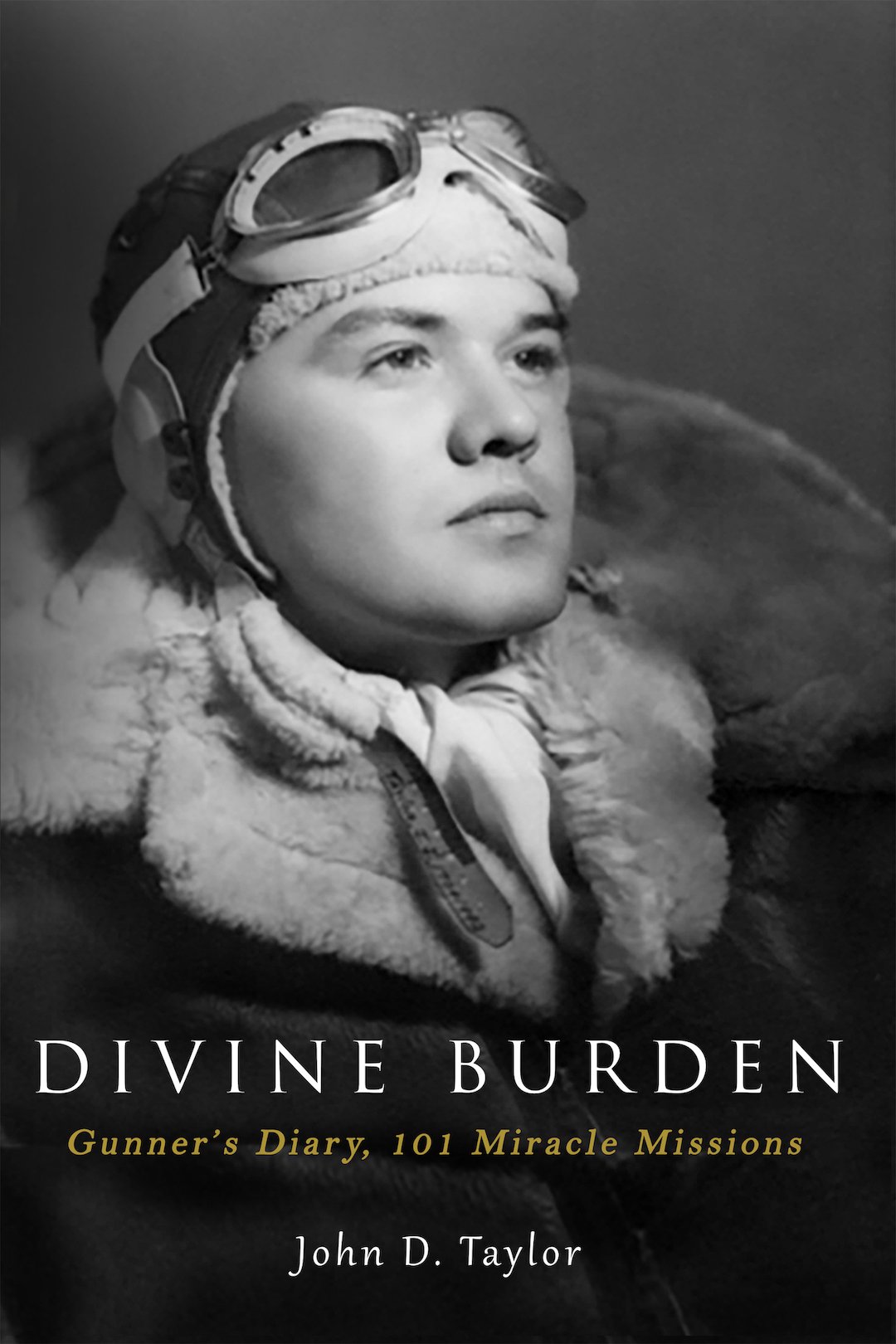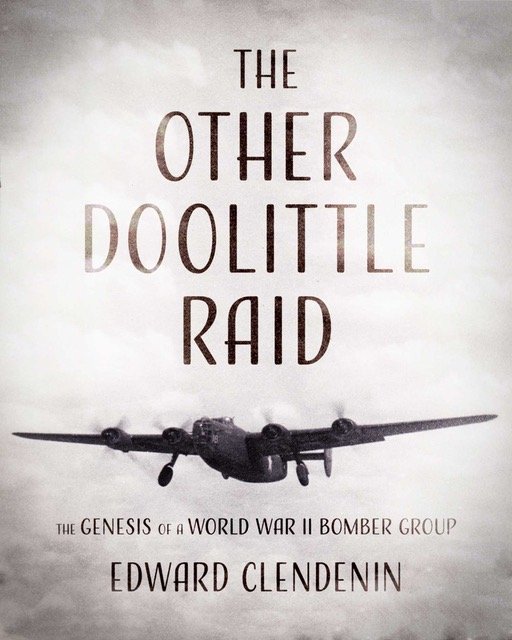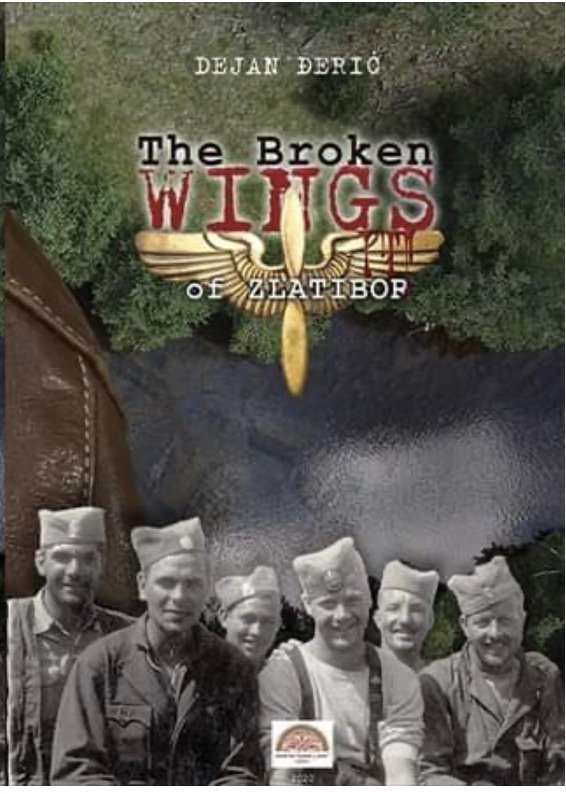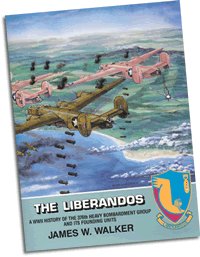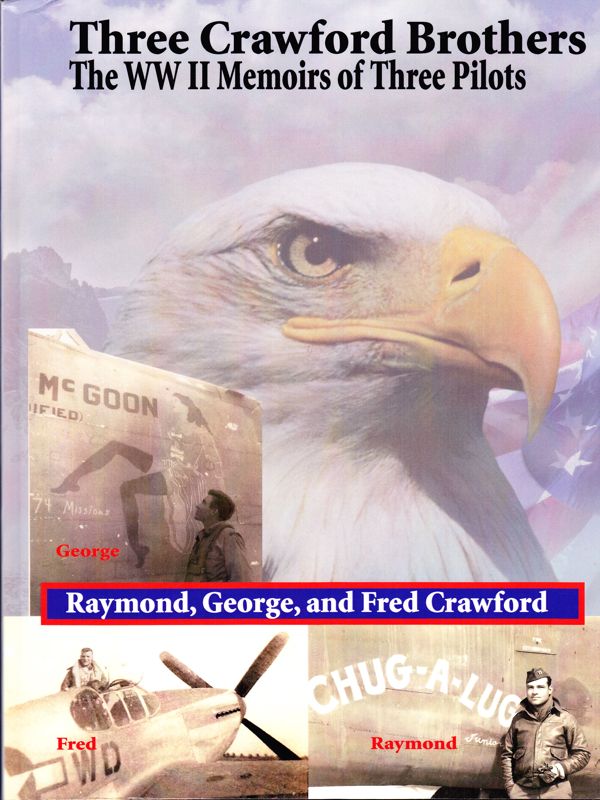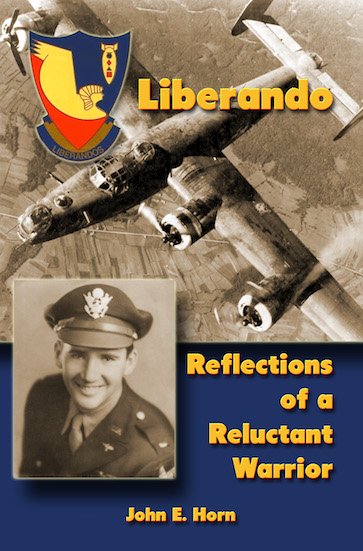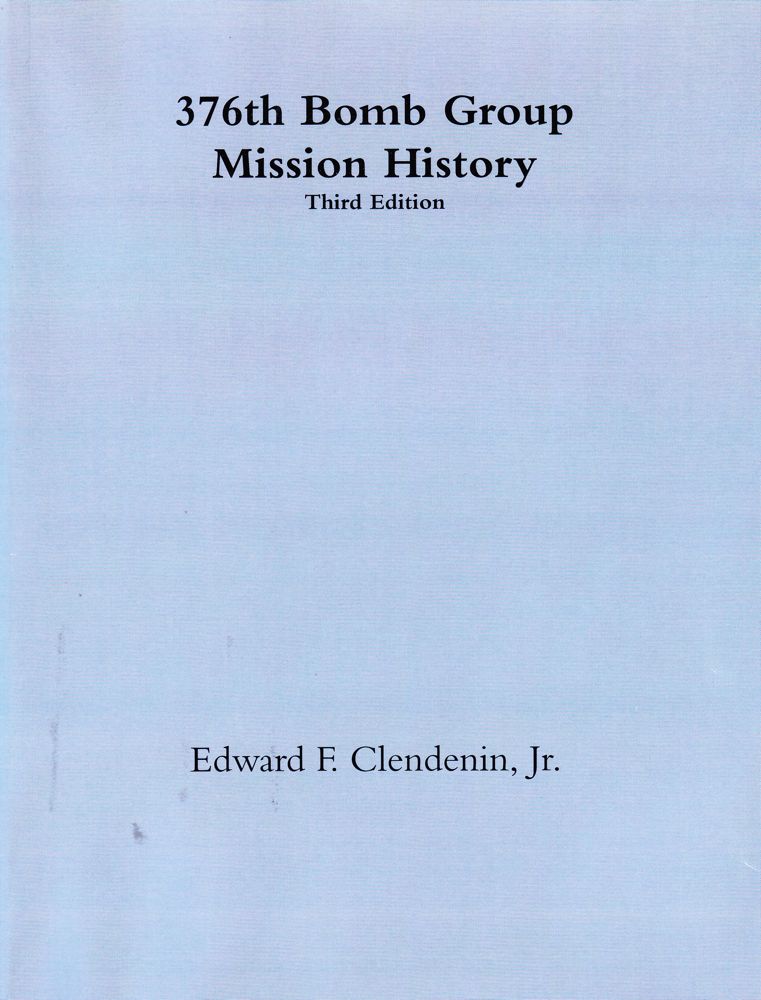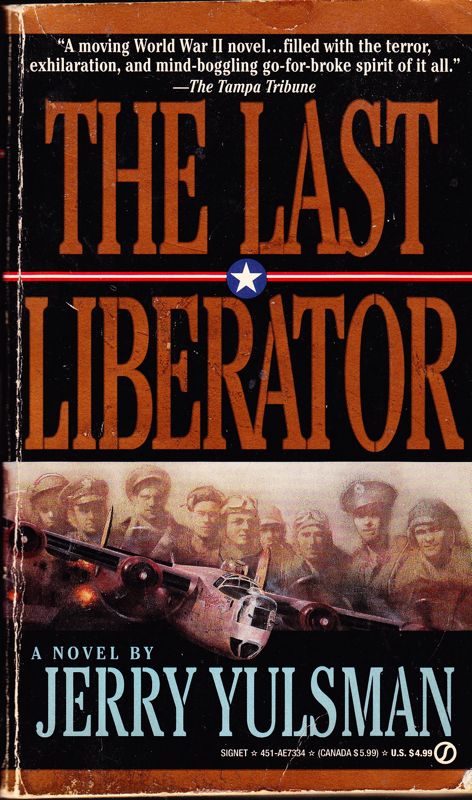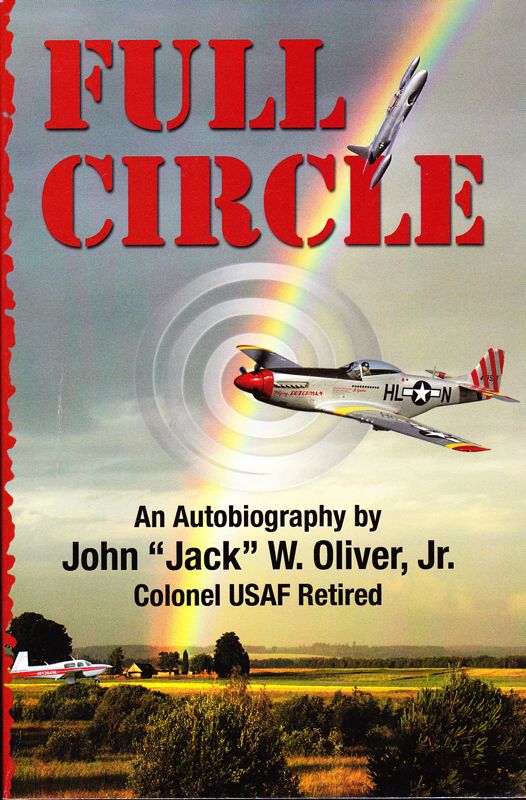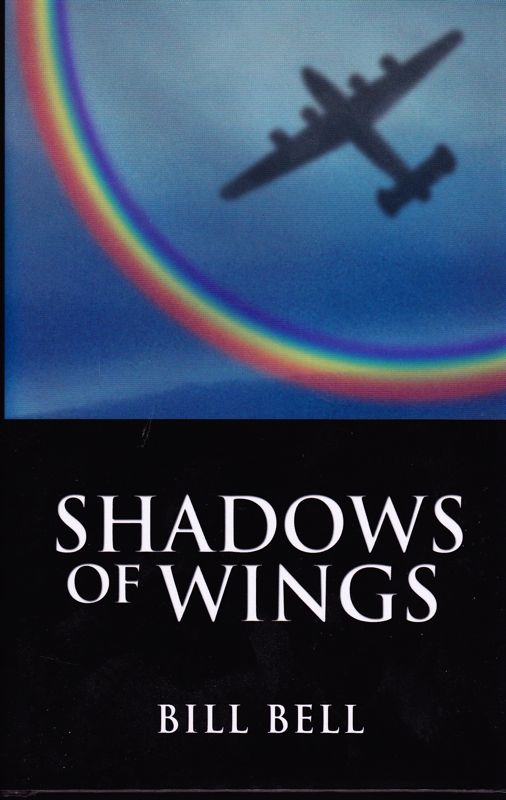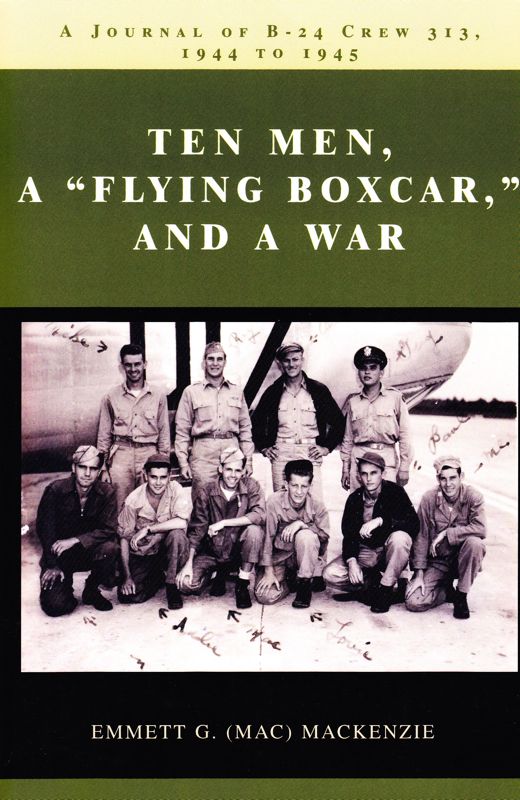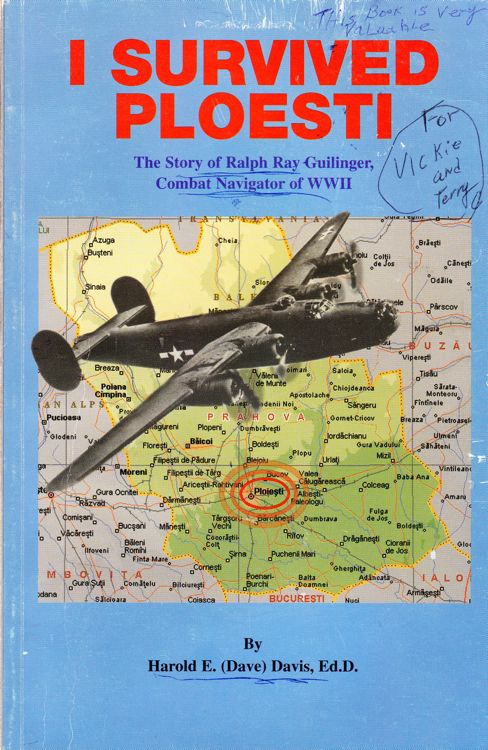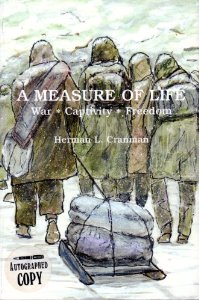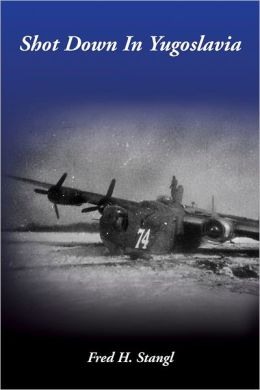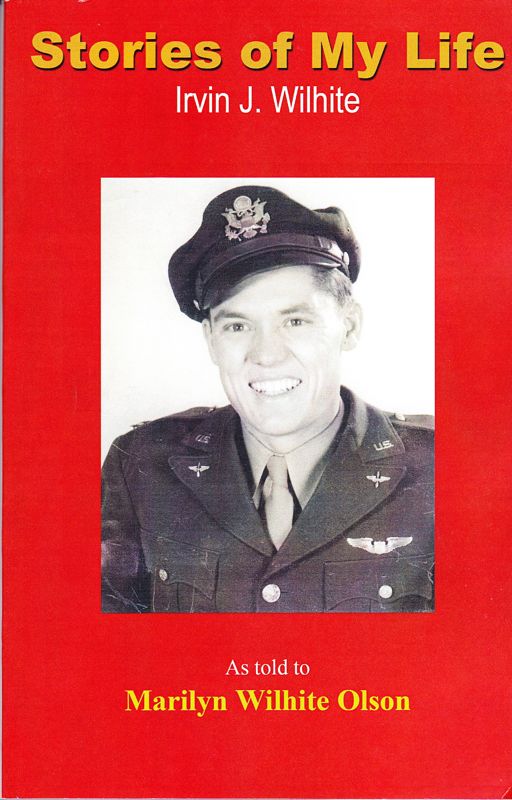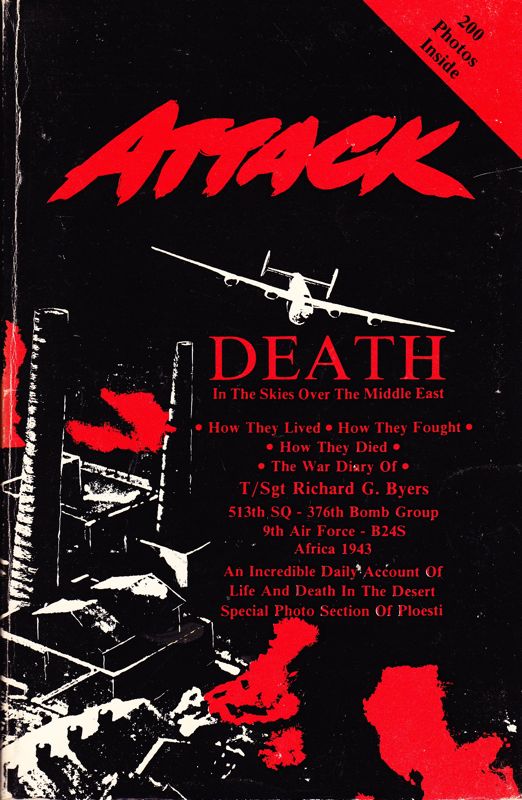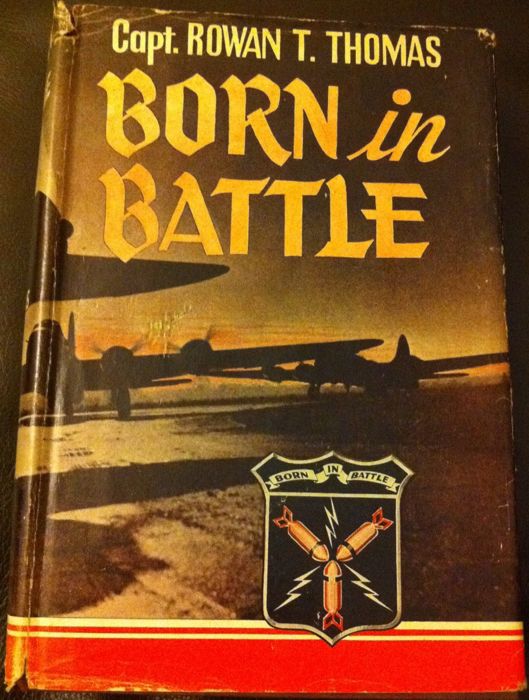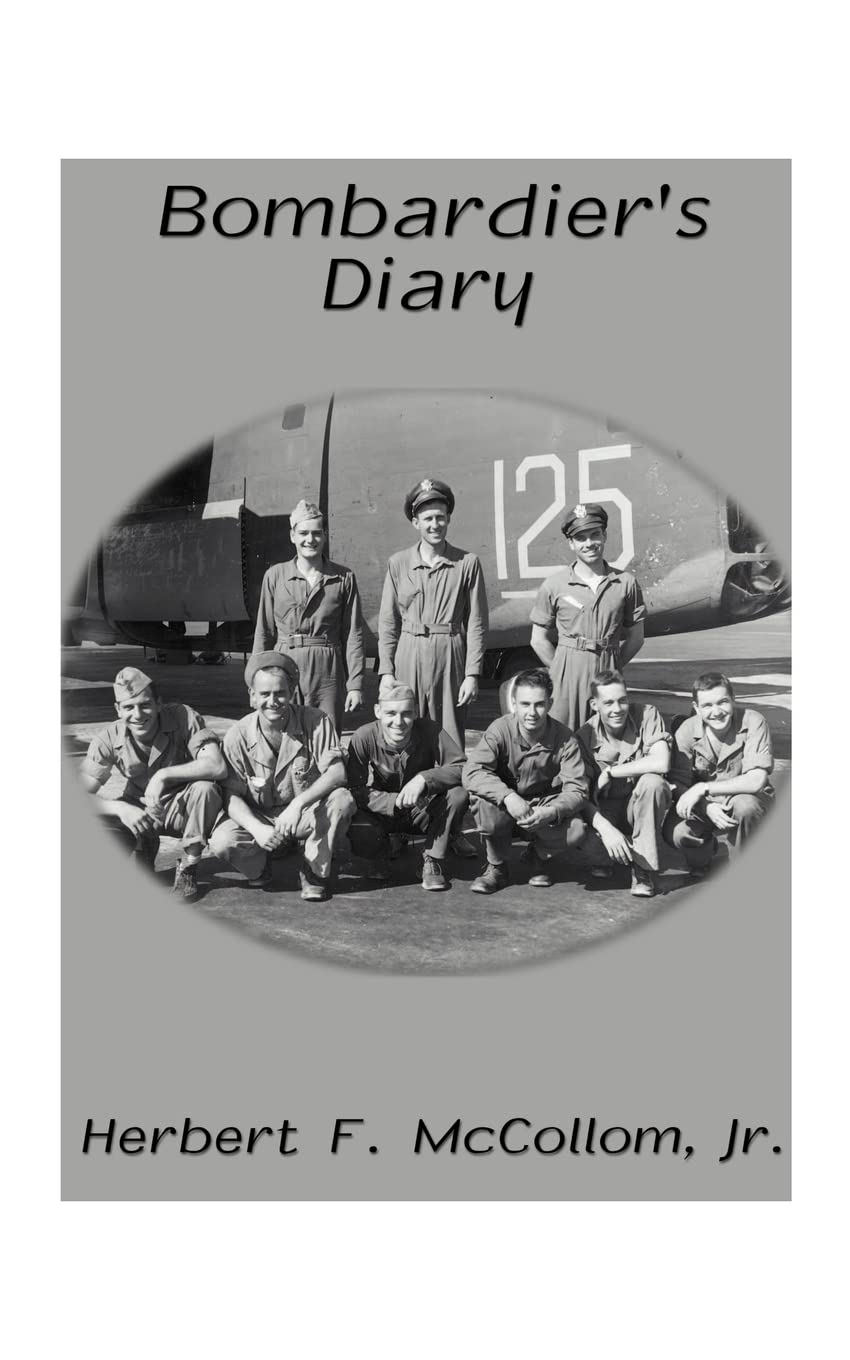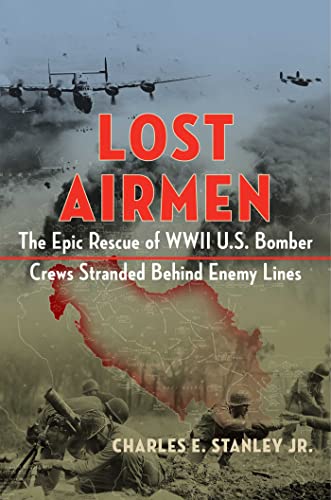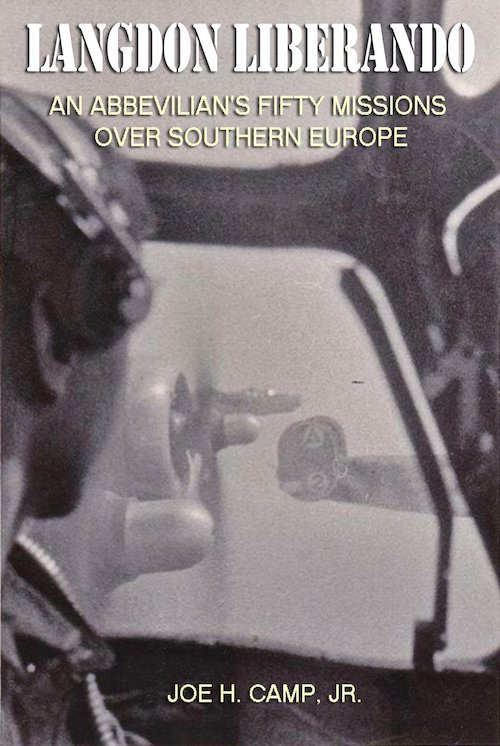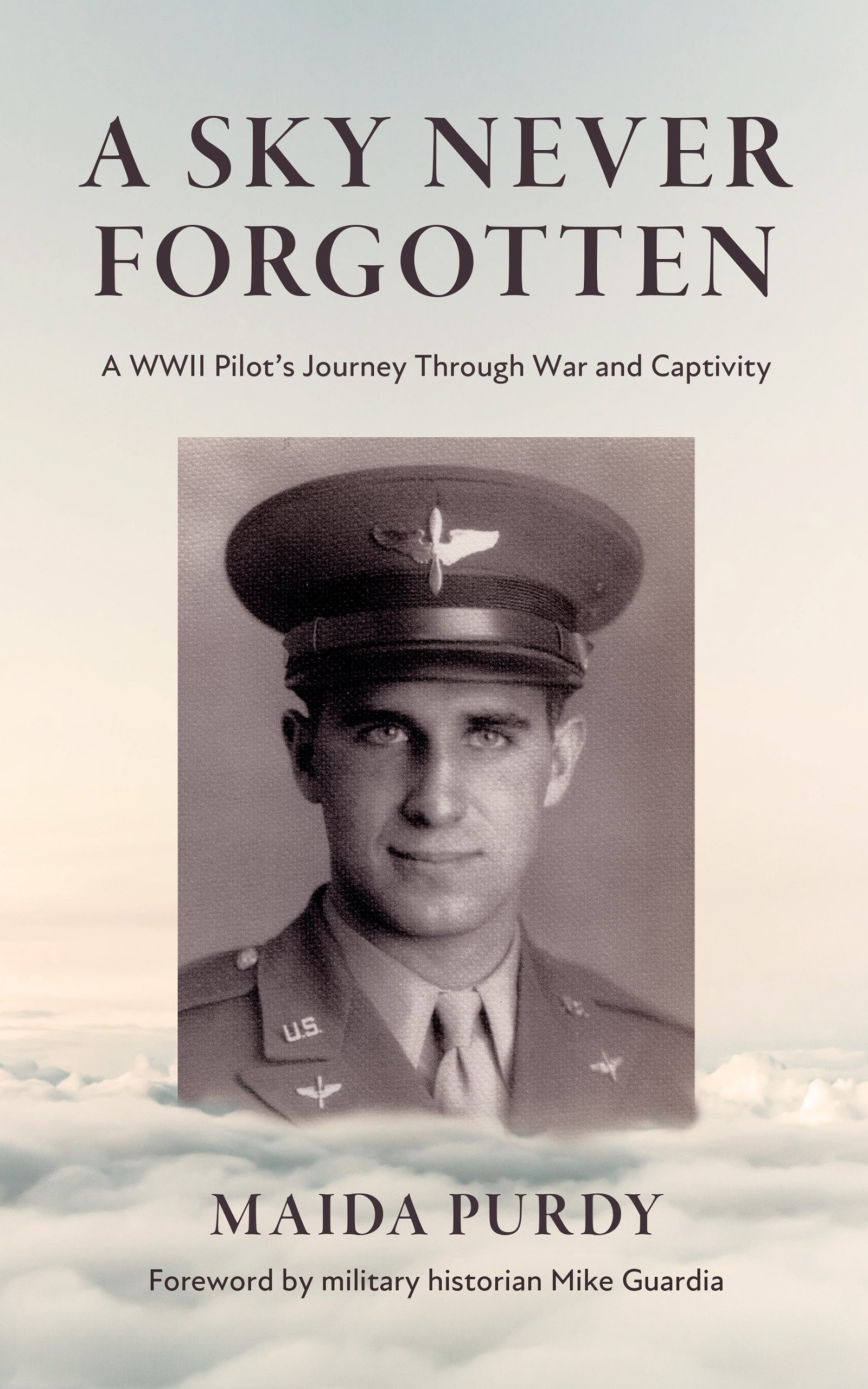Grover Buxton
Grover Buxton, co-pilot, relates the beginnings of James DeVeuve's crew.
After completing our crew training in Topeka we flew on March 3rd to Taliahasse. The next day we continued to West Palm Beach, Florida where we spent several days outfitting ourselves and our plane for the long overwater hop. A lot was made of proper load adjustment in the airplane. Men with slide rules dashed around weighing every item, measuring its distance from a center point, and generally being obnoxious in telling us that we couldn't take certain things along "because they weigh too much". We had planned to stock up on candy, cookies and canned goods, but all this was out! Instead, the ground crew loaded on several big heavy boxes marked as tools and spare parts. We reluctantly agreed they were more important than snacks.
On March 11th, very early in the morning, we took off for a destination unknown. As on all other laps of this journey, our orders were not to be opened until we were airborne. Evidently they were afraid someone would blab in the presence of an Axis spy.
Our first stop was Waller Field, Trinidad. While there we were restricted to base and my only memories are of some of the fellows buying mosquito boots and all of us trying to buy cokes and having to settle for a native concoction called "Guarana". The next morning we were off early again, this time for Belem, Brazil. We had to grope our way up through all sorts of scraggly clouds, but once on top were rewarded with a genuine Metro-Goldwyn-Mayer sunrise. Nearing Belem we ran into tremendous cumulus clouds and snaked our way between them rather than flying straight through. Over the airport we looked through a break in the clouds and the runway looked like a lake. The tower told us that this vas merely the usual midday thunderstorm - if we would circle around for half an hour the storm would end and the runway would dry immediately. True enough, half an hour later we were down on a steaming but almost dry runway.
The last stop in South America was Natal. We were there two nights, giving the ground crews ample time to check out the ships for the long over water hot. Again we were restricted to the base and had little to do except go to the movie at night and indulge in guessing our destination the rest of the time.
Our flight of 20 planes left Natal, on the bulge of Brazil, before daybreak on March 15, 1943, and set a course for Ascension Island. Shortly after takeoff we lost sight of the other planes and for nine hours felt very alone over the South Atlantic. Nearing Ascension, which is a very small speck in a very large pond, we ran into lots of clouds but Frank really proved his skill as a navigator. Right when he said we should reach the island we found a hole in the clouds, looked down, and there it was. What a relief! Upon landing we thought we were running out of runway and jammed on the brakes, only to find that the runway had a hump. Reaching the crest, there stretched out another half mile before we would have run into the sea.
Ascension belongs to the British and during the war was very important as a refueling stop for planes. The entire island was built up out of the sea by a volcano. Since the island is mainly composed of rock, nothing grows -- not even ~ blade of grass - with the exception of a rise called Green Mountain. While we were there the mountain was always covered with clouds, and the whole island resembled a big rock pile. For the evening movie we scrambled up the side of the volcano and sat on the lava.
From Florida to Africa the longest hop was the first -- 10 hours and 20 minutes to Trinidad. The longest out of sight of land was Natal to Ascension -- 9 hours and 25 minutes. Our last over water lap was of a little over 8 hours, and took us to Accra.
We made two stops at Accra, one on the way to combat in March, 1943, and the other on the way home in October. From Ascension Island it was 8 hours to the African Gold Coast. I had always heard Africa called the "dark continent" so was rather surprised when it turned out to be green instead of black. When we landed a British soldier jumped into the plane, ordered us to close all the windows, then squirted us with a DDT bomb for about 5 minutes. This was done every time we landed in a new country so we wouldn't bring in any alien insects.
After being released we stepped out and were mobbed by natives who immediately offered their services for any and all jobs we might have. Several washed the plane for an old pair of shoes, and ten others carried our baggage to headquarters, a distance of almost three blocks, for which we paid the boss-boy 50c.
The British quickly informed us that we were not too pay too much for native help. Free-spending Americans evidently had been spoiling the natives. Some of the soldiers stationed permanently on the base had personal servants who worked for them for an entire week for only 50c. The Army Air Base, run by the Air Transport Command, was quite large and well-equipped. Luxury items for the cadre ran from tiled showers to personal body-servants. Being casuals, we had neither the showers nor the servants, but as we were seldom at home no one minded that.
Army trucks made regular trips to the beach where American soldiers displayed their aquatic skills before giggling, half-clad native girls. A first-time swimmer at the Accra beach is surprised by the extreme saltiness of the water, and generally comes out weeping large salty tears. Back from the beach a short distance some native girls had established a place of business where they sold fresh pineapples and other things, though native policemen patrolled the beach trying to prevent the other things.
Half the world's cocoa comes from the Gold Coast, and the country also has many rare trees with unpronounceable names. One very common tree is the mahogany. We en-
Our assignment to the 376th Bombardment Group came while we were in Cairo, resting from the trip across the Atlantic. After the assignment was made there was a delay of several days before we could fly to our new base as the spring rains had completely flooded the landing strip at Soluch. When we finally were briefed for the trip the officer in charge could give us much information about the field. There were no pictures to be had, and he couldn't even locate it on a map. All he could say was that the airstrip was near Soluch, which, in turn, was near Benghazi. We were directed to fly to Benghazi and start looking.
It was roughly 1000 miles from Cairo to Benghazi, but instead of flying a direct route we more or less followed the coast line, though never approaching it closer than several miles. The Germans had only recently been pushed out of the region, and interceptor units of the RAF were likely to look with disfavor on any plane flying too near their seaside field. Our route took us by El Alamein, Sidi Barrani, Tobruk, and sites of other famous battles recently fought, and looking down into the desert we saw everywhere evidence of the German rout. Wrecked planes, tanks, and trucks were strewn over the brown sands, and many parallel sets of tracks may have indicated where large mechanized divisions has advanced in formation upon the enemy. At other places the tracks ~ere in utter confusion, almost as if it had been done deliberately to confuse aerial Observors.
Benghazi was easy to spot with its white stone buildings shining in the sun. It always looked beautiful from the air, and was actually a handsome, modern city before the war with broad, tree-lined avenues, large two-domed cathedral, and a scenic harbor. The see-saw battles that raged through the city only a few weeks before our arrival had left their mark, however, and hardly a building was left undamaged. Our base was quite undistinguished looking from the air. The town of Soluch was easy to spot with its large church tower right in the center of a cluster of low, flat buildings, but a number of sweeps over the area were necessary before we were sure of the location of the dirt landing strip and the direction of landing. Radio communication was none too good -- in fact I don't believe we were able to talk to the ground and had to watch smoke to ascertain wind direction.
Upon landing we were met by a truck into which we loaded all our personal belongings and ourselves, and were driven to the HQ for signing in. The ground crew demanded that we leave everything in the plane except our suitcases and parachutes. Against our better judgment we did this leaving among other things several mysterious sealed boxes in the waist which we believed contained spare parts for the plane. Actually, they contained food and candy, and as soon as we were out of sight these boxes were spirited away to the tents of the ground crews for personal confiscation. At HQ, veteran crews ed us about what was probably taking place at our plane, but by the time we were able to get back it was too late. It was completely stripped - even old papers and magazines and pieces of rope were gone. We were fighting mad at the time, but our anger cooled when we came to realize that with no PX at hand the ground men, who had been over for months, were no more than justified in picking up such spoils as they could find.
As I recall, four planes came in from Cairo that day, including ours. One crew was assigned to each of four squadrons, and the planes were given to the squadrons needing it most. We never flew our "Lady, Hell!" again, and soon after that she cracked up on routine landing and was thereafter cannibalized.
A mission was out at the time we reported in, and the men in camp were anxiously scanning the sky for the returning planes. We watched too, while waiting for a tent to erected for us, and felt quite relieved when all returned. I asked an old pilot what the losses had been and his answer of only four planes in six months was quite reassuring.
Evidently there was a shortage of small tents on the field for we were temporarily assigned to a large hospital tent. New crews were coming in all the time, and in a few days our tent had 16 occupants. The month was March, and while an A2 jacket provided plenty of warmth in the daytime, I don't believe the blankets have been made that would keep a person warm through a March night in Libya. That first night we set up our canvas cots, laid a folded blanket on the bottom for padding, and put three others over us. We undressed, of course, civilized beings that we were. It was a miserable night with no one being able to sleep for shivering. The next night we were a little smarter and didn't undress. Still we were cold. After that we unpacked our sleeping bags, put on our fleeced lined flying suits before retiring, and suffered only minor frostbite at night.
Our only illumination at night came from candles, which were rationed at one a day per mane After evening chow we would light up and sit around writing letters, shooting the bull, and digging in the piles of luggage for missing articles. Lights out came automatically when the last candle was gone, and it generally left some poor guy struggling to put together a cot that had collapsed or groping around for his fleece-lined helmet.
I don't remember who it was, but some genius on our crew figured out an angle for getting a shave with hot water in the morning without getting out of bed. Candle drippings were collected in an old lid we'd picked up, and a piece of pup tent rope tossed on top. When the rope was lit, it melted the candle wax and burned with quite a flame. Suspended from the roof of the tent over this improvised stove was a canteen cup full of water, and the whole apparatus was right next to a cot. Naturally, this all had to be set up the night before. In the morning, all that was necessary was to reach out one hand, light the rope, then lie back and wait for the water to boil. Of course it never would come to a boil, but the feeling that we had outwitted the desert and Hitler and the brass hats and whoever else had contributed to our discomfort gave a much-needed boost to our morale.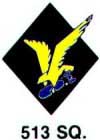
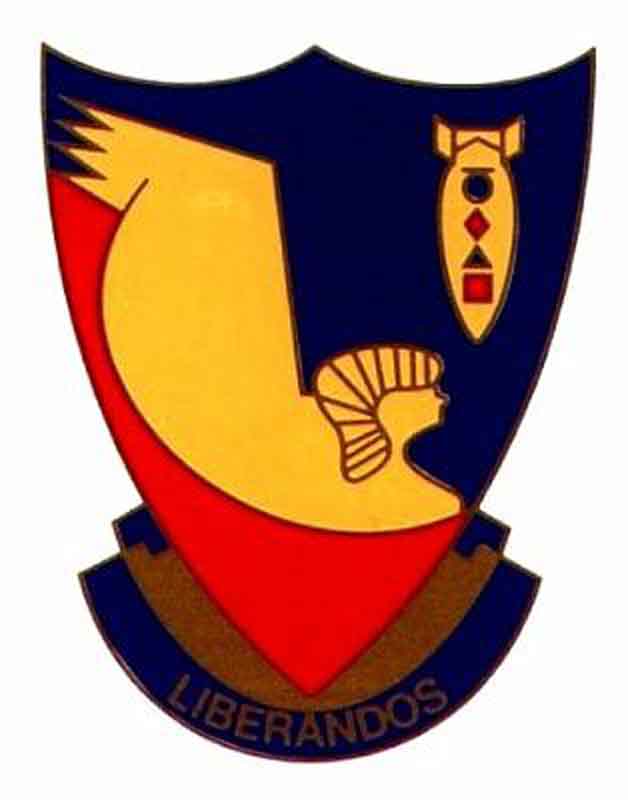
The website 376bg.org is NOT our site nor is it our endowment fund.
At the 2017 reunion, the board approved the donation of our archives to the Briscoe Center for American History, located on the University of Texas - Austin campus.
Also, the board approved a $5,000 donation to add to Ed Clendenin's $20,000 donation in the memory of his father. Together, these funds begin an endowment for the preservation of the 376 archives.
Donate directly to the 376 Endowment
To read about other endowment donation options, click here.
Reunion
NOTE change in the schedule !!
DATES: Sep 25-28, 2025
CITY:Rapid City, SD
HOTEL: Best Western Ramkota Conference Hotel; 2111 North LaCrosse St., Rapid City, SD 57702; 605-343-8500
Click here to read about the reunion details.
